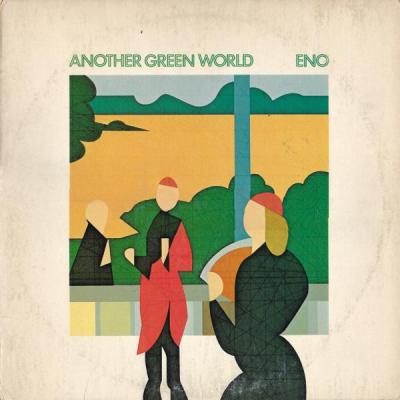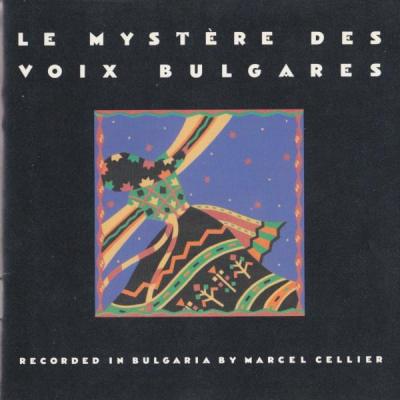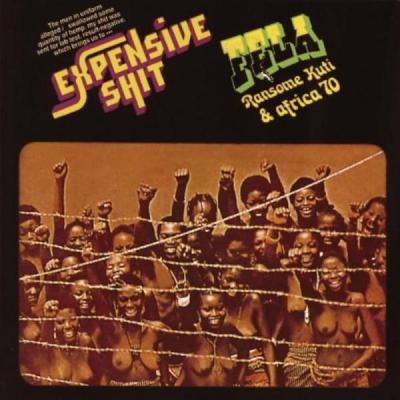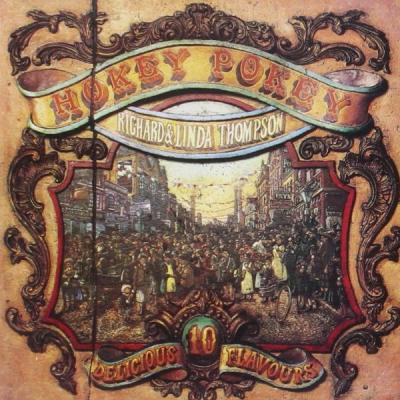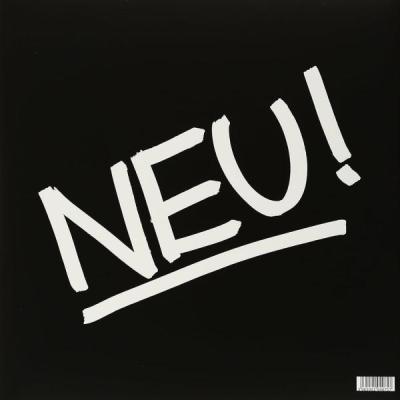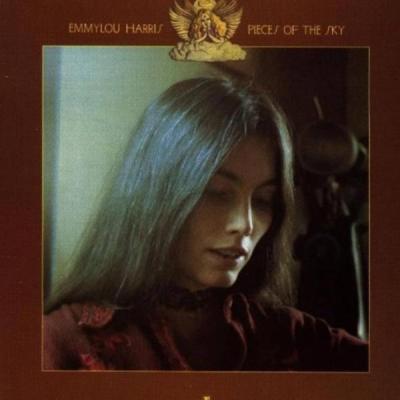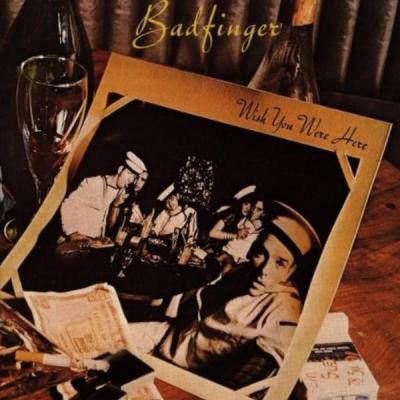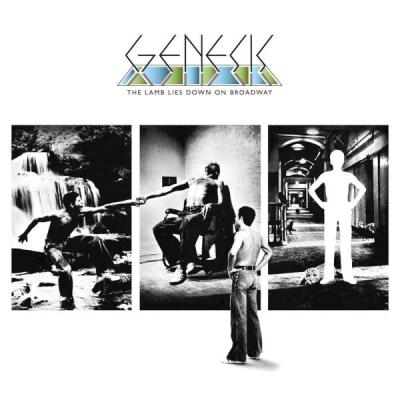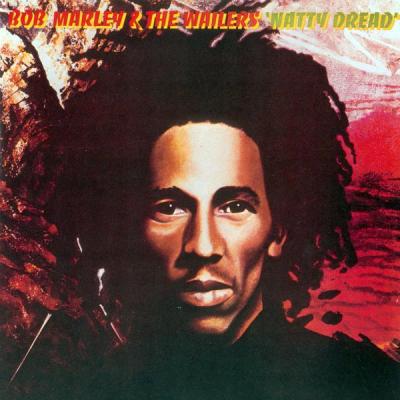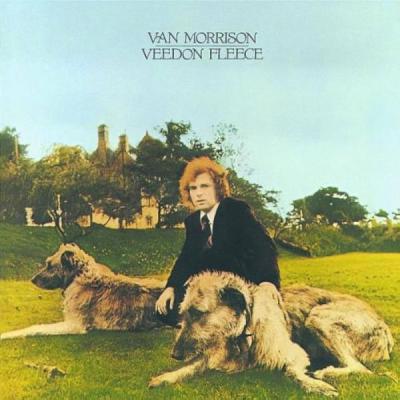


Chet Baker: Chet
Album #27 - February 1959
Episode date - November 29, 2023
Chet Baker may be the only jazz trumpeter who is better known for his singing than his playing.
His vocal style is simple and untrained, restricted to a dynamic that falls within the range of conversation, and rarely extending beyond the melody as it was written. His singing style is so unornamented that the listener is often left with an innate sense of lonely resignation. Sad songs were surely his forte because he expressed a naïve delicacy that bordered on timidity. In other words, he sang very much like he played the trumpet but if I had to choose between one or the other, I would opt for his trumpet playing.
His vocals could be described as anemic. His trumpet, however, was consistently intoxicating. It is difficult to avoid comparisons with Miles Davis because his relaxed tone resembled Davis at his most mellow, particularly when he played with a mute. In that regard, it doesn’t hurt that he used Davis’ rhythm section when recording “Chet” either, featuring the ever-introspective piano of Bill Evans (who would debut with Davis on the seminal “Kind of Blue” a few months hence), Paul Chambers on bass, and almost inaudibly gentle drum parts from Philly Joe Jones or Connie Kay.
I never heard a Chet Baker solo that wasted a note. He is the most economical of stylists, which has the inverted effect of stimulating the listener’s imagination. Listen to a Chet Baker instrumental and you’ll almost certainly find yourself staring off into a void while the music stimulates memories and subtle waves of emotion due to the gentility of his presentation. It is hard to imagine any music – particularly any jazz music – that is more different than the hard bop that was immensely popular on the east coast. A lot has been made of Baker’s ‘west coast sound’, but it should be noted that “Chet” was recorded entirely in New York, with musicians who at the time were mostly affiliated with bop (as noted above).
If you’re alone, this is late night music for staring at the ceiling while you sort out thoughts of bliss or pain, lost love, loneliness, or a subtle sense of longing. If you’re with someone special, I’d have a hard time suggesting an album better suited for romance. Even upbeat numbers like “How High the Moon” and “’You’d Be Nice to Come Home To” seem to be emanating through a fog, at a pace best described as cautious, if not wary. Pepper Adams’ baritone sax is the perfect foil to Baker’s melodicism, providing a complimentary tonal palette while maintaining the languid atmosphere. When Adams stands down on two tracks, guitarist Kenny Burrell steps in, adding variety and broadening the instrumental depth of this deeply evocative album. “Chet” is subtitled “The Lyrical Trumpet of Chet Baker,” which if nothing else, is truth in advertising. The album is a thing of beauty that can stimulate a dream state in the listener so intense that it borders on hypnosis.
Featured Tracks:
Alone Together
How High the Moon
It Never Entered My Mind
'Tis Autumn
f You Could See Me Now
September Song
You'd Be So Nice to Come Home To
Time on My Hands (You in My Arms)
You and the Night and the Music
February 1959 – Billboard Did Not Chart
Related Shows


